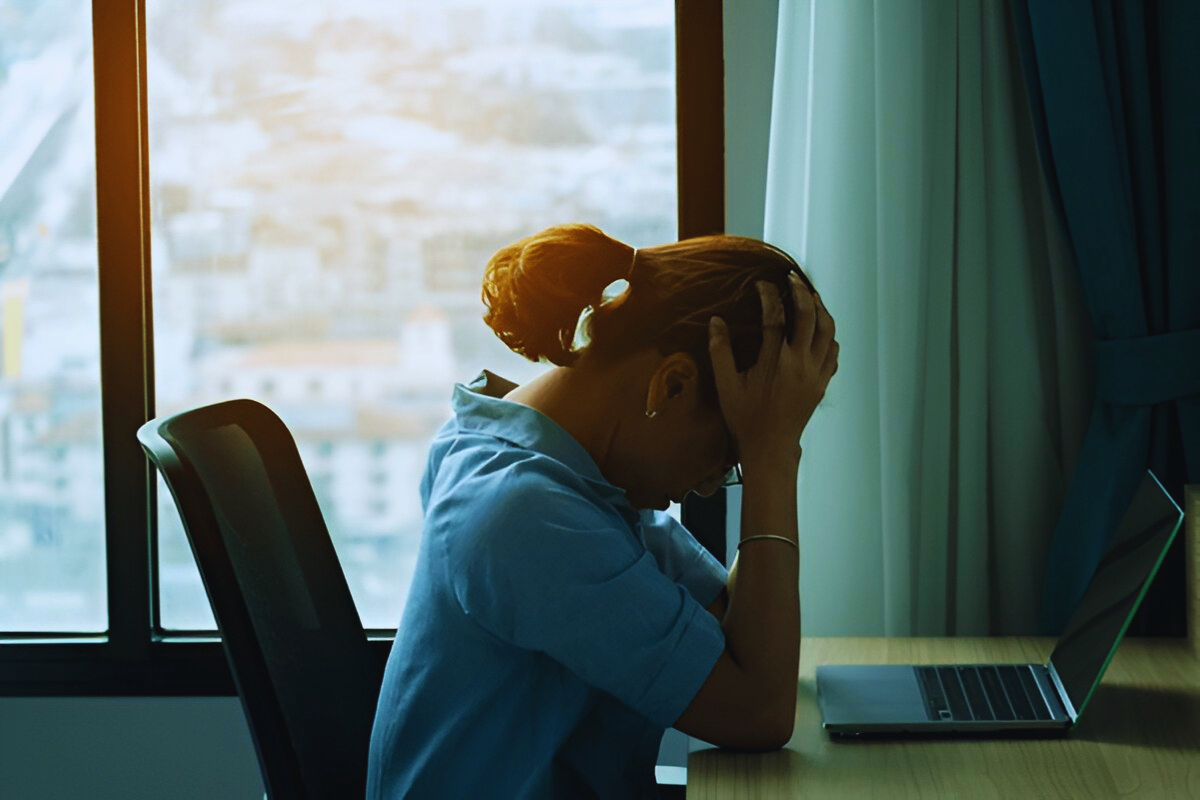What Causes Excessive Daytime Sleepiness? Have you ever felt tired during the day even after having a good night’s rest? You are not the only one. In 2025, the problem of excess of sleep throughout the day (EDS) has not disappeared yet and continues to bother millions of people around the world. It can very well become a lot tougher to survive through the day, lower your concentration, and also become deadly—just think of the times when you were driving or working.
Nonetheless, there is some good news too. Both medical and lifestyle-based techniques are reported to have been quite helpful with people dealing with EDS more effectively than ever before.
What Is Excessive Daytime Sleepiness?
Excessive daytime sleepiness is the feeling of being tired or exhausted during the day, even though you might believe you have not had enough sleep. It can be a sign of many things—stress, bad sleep habits, unknown sleep disorders like sleep apnea, or even wrong choices of foods and not drinking enough water can all be the reasons behind it.
The latest health guidelines state that EDS management should be addressed through a holistic lifestyle approach. These days, doing something so simple as sleep deprivation prescription is not enough anymore because doctors are now aiming to bring about core lifestyle changes as therapeutic measures.
Step One: Fix Your Sleep Habits
Sleep interruption is the most common reason for daytime fatigue. The Sleep Foundation made the following suggestions that could be easily incorporated into your life:
- Make sure your bedroom is dark, quiet, and cold.
- Go to bed and wake up at the same time every day.
- Don’t use screens, alcohol, and caffeine near the time you plan to sleep.
- Don’t sleep watching TV or chatting on your phone, but only for sleeping.
In this way, your bed becomes a symbol of rest for your mind so that you can doze off and remain dozing at night without complications.
Step Two: Rethink Your Diet
Your diet can influence your energy levels and poise. The Times’ experts report that meals that are rich in protein, fiber, and healthy carbs are the perfect source of energy as opposed to the sugary and processed ones that leave you low right after you have eaten them.
Hydration is another key factor. Even a slight decrease in body water can lead to fatigue. Consumption of water is the base of all energy and the key to full functioning and thus there will be no afternoon crashes after this.
To ward off the infamous 3 p.m. crash, steer clear of high-sugar snacks. Snack on something with protein like nuts, yogurt, or fruit to keep your blood sugar stable for the rest of the day instead of indulging in a sweet, high-sugar food item.
Step Three: Exercise to Wake Up
Your body does not even have to break a sweat to make itself feel energized. You engage in sports that are not very intensive but combinations of exercises like walking, yoga, and stretching are good for the maintenance of fitness and elimination of sleeplessness at night and sleepiness during the day.
Try to move for at least 20–30 minutes per day. Regular daily exercise will make your sleep pattern be more consistent.
Step Four: Try Power Naps the Smart Way
Small naps are a way of recharging that brings negotiable benefits. Because it depends on the time of the day.
Professionals in the medical field suggest a nap of 10 minutes to 40 minutes of length. Taking more than that can result to “sleep inertia”—especially when it comes to the groggy feeling that occurs shortly after you wake up. Try to take your naps in the morning so that you will not have any problems with sleep at night.
For those of you who find time for them, short naps are a good antidepressant, memory, and cognitive skills enhancer.
Step Five: Talk to a Doctor if It Doesn’t Go Away
If you are still experiencing the lack of energy after all the lifestyle alterations you have made, it might be high time to see a doctor. your doctor can question, test, and suggest medications during the consult:
- Sleep apnea
- Narcolepsy
- Restless leg syndrome
- Thyroid disorders
- Depression or anxiety
People with these conditions might suffer from poor sleep even if they are supposedly in bed for 7 to 8 hours at night.
Your doctor may prescribe a sleep study or send you to a sleep clinic for more tests.
What About Medications?
For some patients, doctors may decide to use medications such as modafinil or other similar stimulants to enhance wakefulness. However, these drugs are not suitable for all people and they should be used only under a doctor’s supervision. Talking about the side effects and longer-term repercussions should always happen.
Initially, doctors like to deal with non-drug solutions, but in some cases, medication might have to be a part of the treatment if lifestyle changes and therapies are insufficient.
Apart from being tired, excessive daytime sleepiness signifies a more complicated problem. It not only makes focusing difficult, but it also affects your mood and overall health.
In the last few years, the treatment for EDS is going the holistic way. An individually developed program that includes the regulation of sleep patterns, a well-balanced diet and trying new therapies might be more effective than a one-size-fits-all health practice.
If you are feeling tired all the time, it is not a normal thing and you should not overlook it. Your body makes a signal to tell you something—and now, you have the tools to listen.

